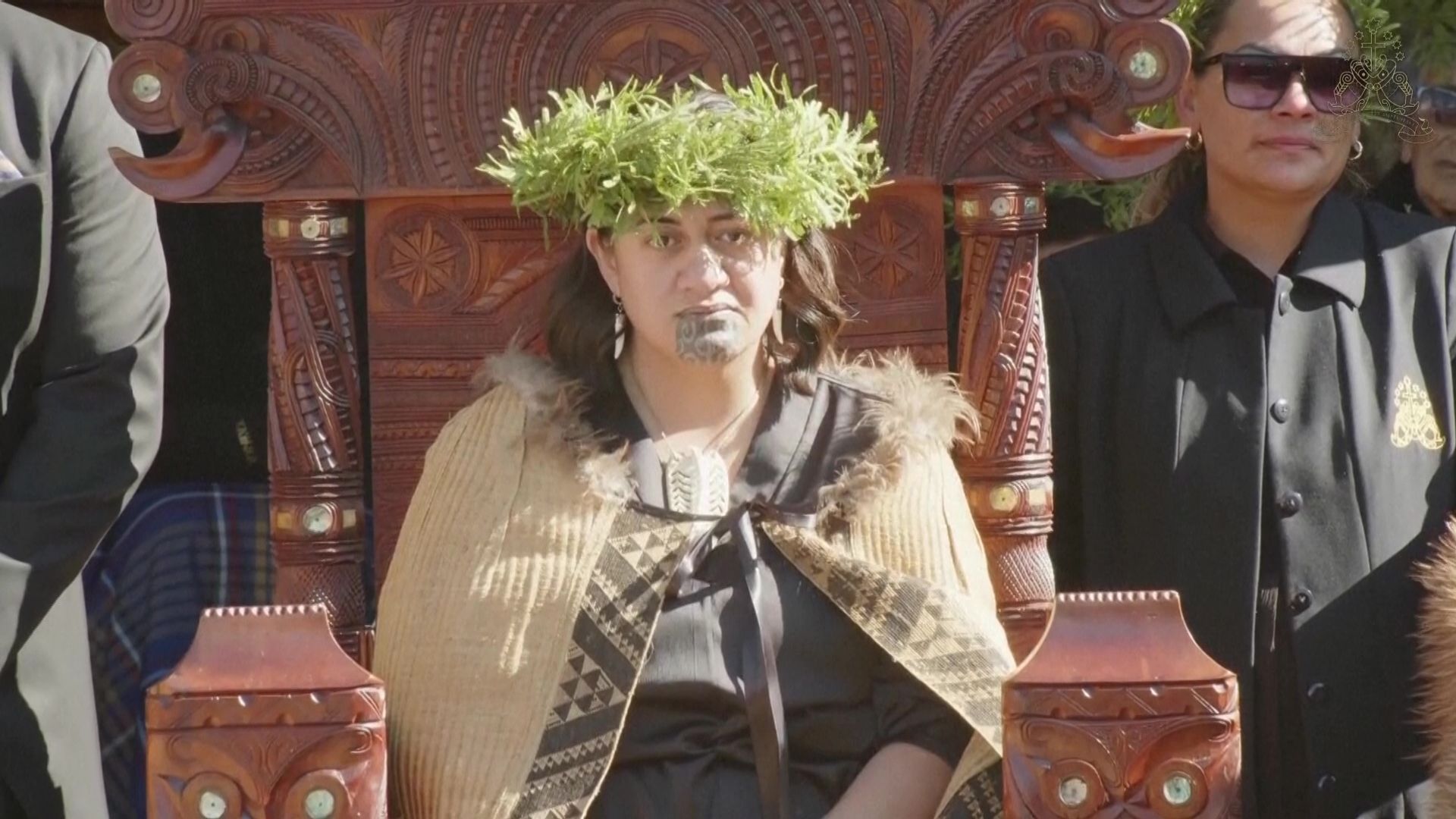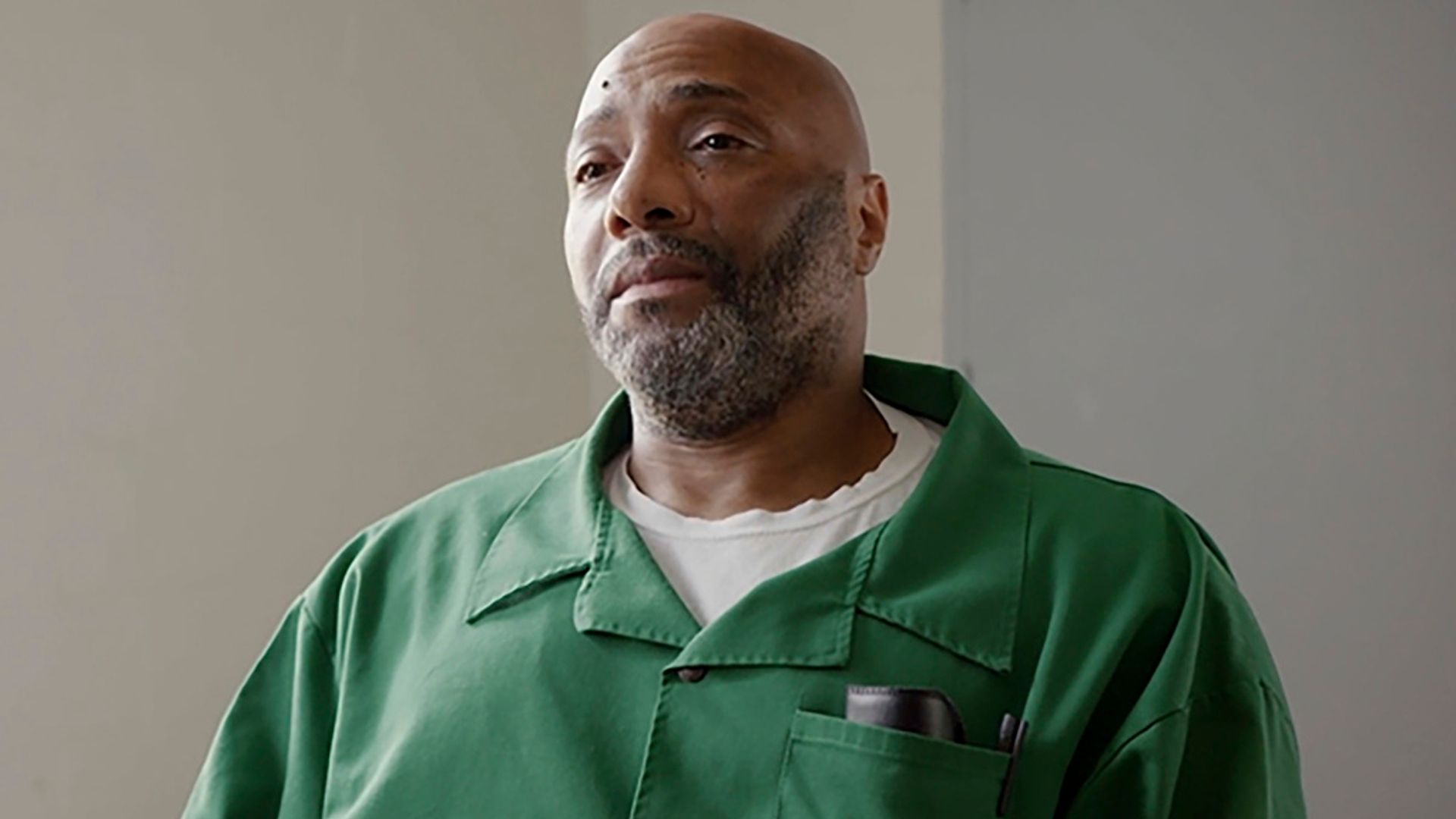New Zealand’s Maori have a new sovereign, 27-year-old Queen Nga Wai Hono i te Po, who ascended to the throne after accompanying her father and the late king to his final resting place.
Thousands of people flocked to the North Island town of Ngaruawahia to witness the coronation of the youngest child and only daughter of King Tuheitia Pootatau Te Wherowhero VII.
As she was escorted onto Turangawaewae marae – an ancestral meeting place, where her father’s casket lay draped in feathered cloaks – cheers rang out among thousands crowded around TV screens outside and waiting along the banks of the Waikato River to glimpse the funeral procession.
The funeral was attended not only by Maori tribes but by leaders of all political parties, past prime ministers, leaders of Pacific Island nations, diplomats and representatives of the British crown.
After her ascension, Queen Nga Wai accompanied her father, who died on 30 August aged 69, in a flotilla of traditional canoes along the river as he was guided by Maori warriors to his final resting place.
The late king, a former truck driver who became monarch after his mother’s death in 2006, has been buried alongside her in an unmarked grave on Taupiri Maunga, a mountain of spiritual significance to his iwi, or tribe.
The Kingitanga, or Maori royalty movement, has a ceremonial mandate rather than a legal one and was formed after the British colonisation of New Zealand to unite tribes in resistance to forced sales of indigenous land and the loss of the Maori language and culture.
Megaupload founder Kim Dotcom to be extradited to US after losing 12-year legal fight
New Zealand charity accidentally gives out ‘sweets’ filled with lethal dose of methamphetamine
Former All Blacks star Norm Hewitt dies at 55 after battle with motor neurone disease
Be the first to get Breaking News
Install the Sky News app for free
Read more:
Public urged to help buy England’s highest nature reserve
The hunt begins for great white sharks in Irish waters
After a centre-right government took power in New Zealand last November and began to enact policies reversing recognition of the Maori language, people and customs, the late monarch took the unusual step in January of calling a national meeting of tribes which was attended by 10,000 people.
“The best protest we can make right now is being Maori. Be who we are. Live our values. Speak our reo,” he told them, using the Maori word for language.
“Just be Maori. Be Maori all day, every day. We are here. We are strong.”










